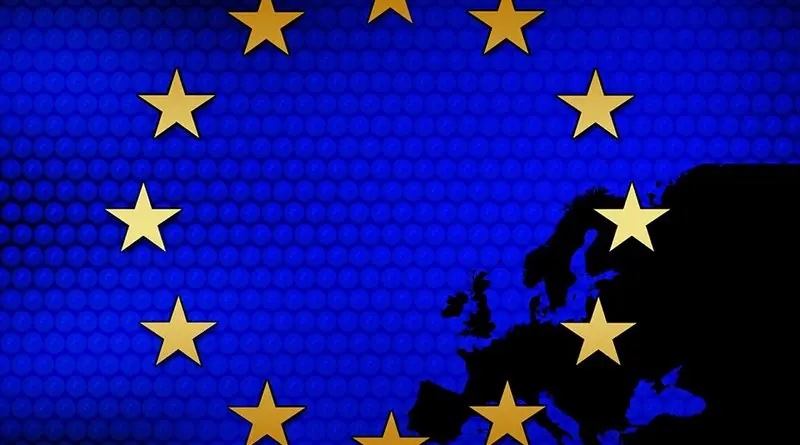EU Among Group Pushing For Relaxation Of Debt Relief Rules
By EurActiv
By Benjamin Fox
(EurActiv) — The EU, along with a group of countries, is pushing for a relaxation in how debt relief is defined in the latest round of talks at the OECD’s Development Assistance Committee (DAC) on Thursday (25 June), EURACTIV understands.
The DAC sets the rules on how international development aid is defined and accounted for towards the target of 0.7% of gross national income (GNI) agreed by donor countries, which include the EU’s member states.
A handful of countries that give most of their aid as loans, which include France and Germany, as well as the EU, are among those pushing most strongly for changes that could allow donor countries to claim incentives both for offering riskier loans and then for restructuring or writing them off as debt relief.
Loans currently make up around 16% of total bilateral ODA and, until 2014, were calculated on a ‘cash basis’, meaning that the full face value of a loan was included. Under the existing methodology, only the ‘grant portion’ – the amount the loan provider gives away by lending below market rates – counts as ODA.
The DAC is pushing for agreement on the rules this summer, with a further meeting planned in late July, EURACTIV understands.
The question of how debt relief is accounted for is particularly pertinent after the G20 agreed in April to postpone debt repayments due in 2020, a programme worth up to $20 billion, in a bid to limit the economic damage of the coronavirus pandemic on developing countries and allow them to finance their own stimulus packages.
Although talks on debt relief and the possible involvement of the private sector in debt relief have moved slowly since then, insiders expect that additional debt relief measures will be announced this year.
Last week, Chinese President Xi Jinping announced that China will cancel interest-free loans to African countries that were due to mature by the end of 2020, at last week’s Extraordinary China-Africa Summit.
In April, DAC members vowed that they would “strive to protect aid budgets”. However, civil society campaigners expect that since most EU countries and other DAC members are set to post recessions of between 5% and 10% in 2020 that will, in turn, significantly reduce aid budgets.
They fear that further watering down rules on debt relief could be used by donor countries to artificially inflate aid budgets.
“What is urgently needed now to help developing countries overcome the massive crisis triggered by COVID-19 are fresh financial resources that come with no additional strings attached,” Jan van de Poel, Policy and Advocacy Manager for the European Network on Debt and Development (Eurodad), told EURACTIV.
“If donors agree on generous reporting rules for debt relief that would inflate aid levels, and reduce pressure to scale up much-needed spending that contributes to eradicating poverty and addressing inequalities. It remains vital to set the rules in such a way that reward donors that choose to step-in with much needed grants instead of loans that will have to be repaid,” he added.

